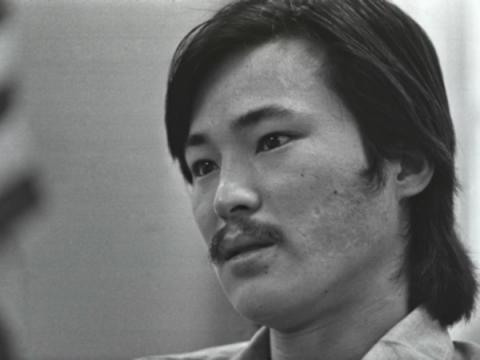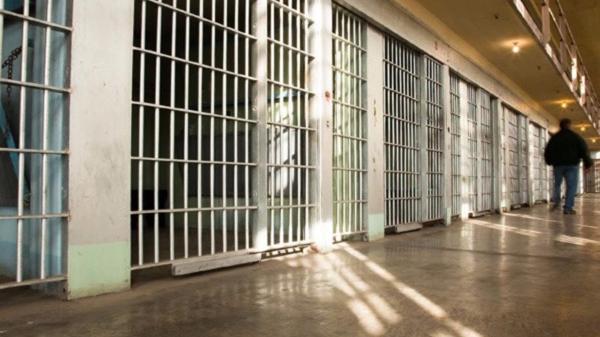A few years ago, when I had the opportunity to tour the Capitol building in Washington D.C., I witnessed a protester outside being slammed against a wall by a police officer. Despite the peaceful nature of the protest, he was detained by police and quickly restrained with a zip tie. The protest continued around him, but that moment remained imprinted in my mind. The frightening fact is that I had no idea if the officer was abusing his power or simply doing his job.
Unfortunately, these sorts of questions are becoming more and more necessary each day as unwarranted and unjust arrests develop into an increasingly common occurrence in this country. If you search up the term “false arrests” online, you will find a whole slew of information concerning false arrests and the many times they have happened to innocent people. False arrests are not a recent development, but have actually been an issue in our country for decades. Throughout American history, numerous individuals have been wrongfully convicted for a crime they did not commit, and forced to spend years of their lives in a prison cell.
Chol Soo Lee, a Korean Immigrant who came to America when he was just twelve years old, understood the dangers of false imprisonment very well. In 1973, he was wrongfully convicted of a San Francisco murder, and sent to San Quentin for a decade before his arrest was overturned due to a national pan-Asian movement that advocated for his release and investigated new evidence that proved his lack of guilt.
In those ten years, Chol Soo Lee was forced to fight daily for his life in California’s oldest correctional institute. San Quentin was a prison filled with dangerous individuals, such as convicted murderers and serial killers, and was even the home of notorious cult leader Charles Manson. In the 1960’s and 1970’s, which is the time that Chol Soo Lee was sent to San Quentin, the facility was known for its violent uprisings.
Danger and uncertainty were the themes of the San Quentin state prison, and this menacing environment was where Chol Soo Lee was forced to stay for a decade because of the court’s mistake. When Chol Soo Lee was finally released, many rejoiced at his rightful return to freedom. However, those ten years in San Quentin were years that Chol Soo Lee would never be able to get back. Chol Soo Lee later wrote about his struggle with false imprisonment in his memoir, Freedom without Justice, where he detailed his stay in San Quentin and his life after imprisonment.
Although Chol Soo Lee was able to eventually regain his freedom, not all those who are falsely imprisoned get the same opportunity. Every year, thousands of individuals are sent to death row to await their likely execution. The Death Penalty Information Center released an article revealing that: “There is no way to tell how many of the 1567 people executed since 1976 may also have been innocent”. They included a list of inmates who had been executed on death row who may have actually been innocent, and revealed that “it is now broadly accepted that the judicial review provided to death-penalty cases in the United States has been inadequate to prevent the execution of at least some prisoners who were wrongly convicted and sentenced to death”.
What seems like an outlandish occurrence is actually more prevalent in this country than we may think: innocent people are losing their freedom and lives due to false convictions that they were unable to disprove. It is appalling to think that some individuals may find themselves being punished for a crime they did not commit, and losing their lives in the process, with no hope of regaining their freedom even if evidence of their innocence is revealed.
Now more than ever, discussions concerning the problem of false imprisonment are vital. On April 5th, 2023, Project Humanities will be hosting a film screening of Free Chol Soo Lee, a film about Chol Soo Lee’s false imprisonment and eventual release. After the film, a panel will discuss the themes presented, and there will be an opportunity to delve deeper into topics such as racial injustice, racial profiling, and grassroots movements. If you would like to sign up for the event, you can do so here.
For more information, check out these resources:

